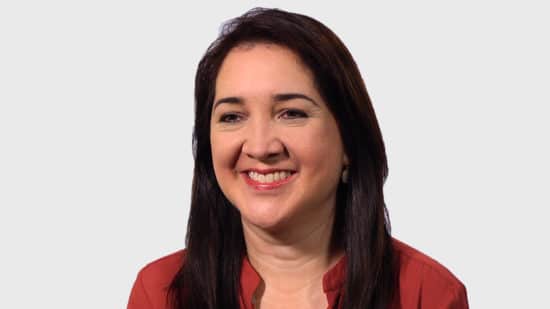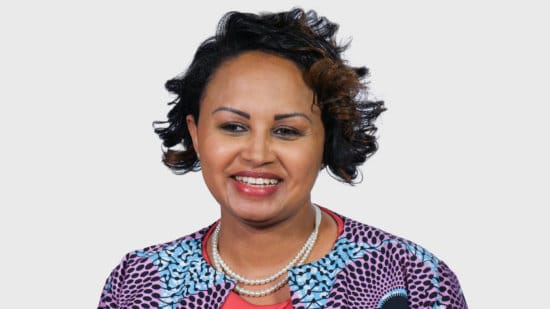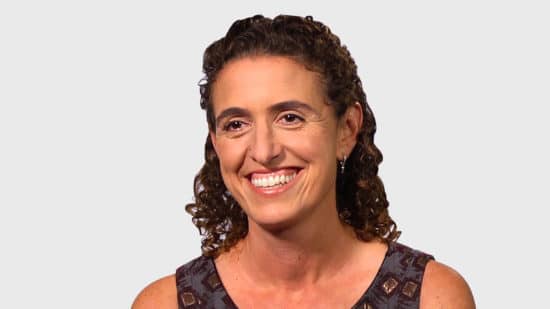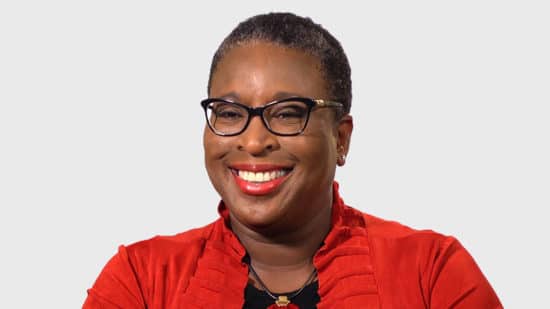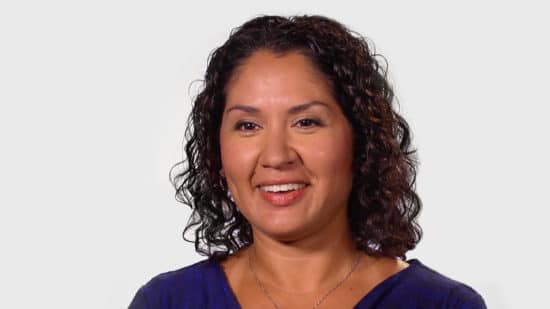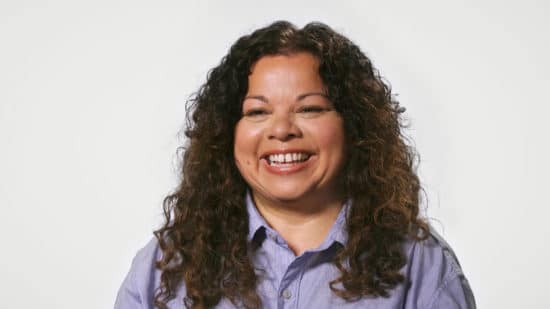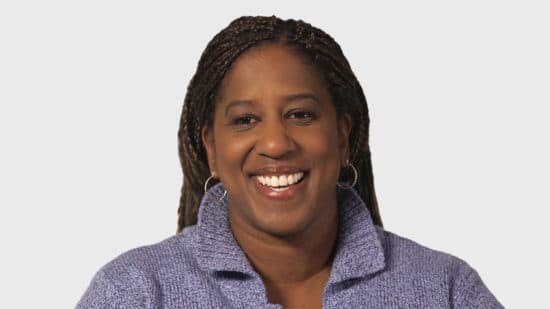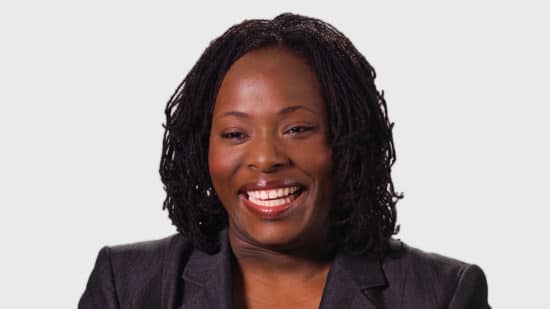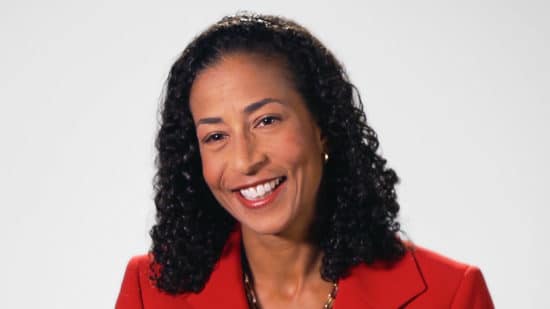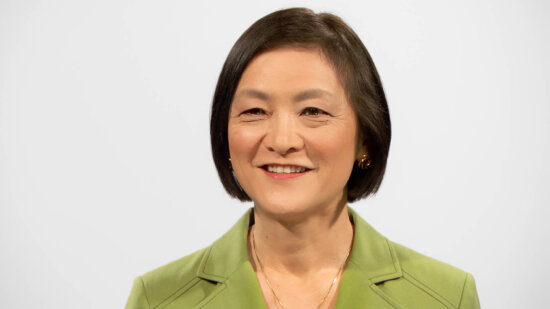College Professor
What you need to know
College professors, instruct students in a wide variety of academic and career and technical subjects beyond the high school level.
They may also conduct research and publish scholarly papers and books.
Most college professors work in public and private colleges and universities, professional schools, and junior or community colleges.
Outside of class time, their schedules are generally flexible, and they may spend that time in administrative duties, advising students, and conducting research.
Some of the things a college professors might do:
- Teach courses in their subject area
- Work with students who are taking classes to improve their knowledge or career skills
- Develop an instructional plan (known as a course outline or syllabus) for the course(s) they teach and ensure that it meets college and department standards
- Plan lessons and assignments
- Work with colleagues to develop or modify the curriculum for a degree or certificate program involving a series of courses
- Assess students’ progress by grading assignments, papers, exams, and other work
- Advise students about which classes to take and how to achieve their goalsStay informed about changes and innovations in their field
Watch this video to learn about what our college professor role models do in their careers:
- Critical-thinking skills. To challenge established theories and beliefs, conduct original research, and design experiments, college professors need to apply analyses and logic to arrive at sound conclusions.
- Interpersonal skills. College professors need to be able to work well with others and must have good communication skills to serve on committees and give lectures.
- Resourcefulness. College professors need to be able to present information in a way that students will understand. They need to adapt to the different learning styles of their students and teach students who have little or no experience with the subject.
- Speaking skills. College professors need good verbal skills to give lectures.
- Writing skills. College professors need to be skilled writers to publish original research and analysis.
Watch this video to learn more from our college professor role models:
The average pay for college professors in the United States was $80,840 in May 2022 according to the U.S. Bureau of Labor Statistics.
The specific pay depends on factors such as level of experience, education and training, geographic location, and specific industry.
About 118,800 new job openings for college professors are projected each year, on average, over the next 10 years in the United States.
Overall employment of college professors is projected to grow 8 percent from 2022 to 2032 according to the U.S. Bureau of Labor Statistics. This is faster than the average growth rate for all occupations.
The number of people attending colleges and universities is expected to grow in the next decade. Students will continue to seek higher education to gain the additional education and skills necessary to meet their career goals.
As more people enter colleges and universities, more professors will be needed to serve these additional students.
College professors who work for 4-year colleges and universities typically need a doctoral degree in their field. Some schools may hire those with a master’s degree or those who are doctoral degree candidates for some specialties, such as fine arts, or for some part-time positions.
Community colleges or career and technical schools also may hire those with a master’s degree. However, some fields have more applicants than available positions. In these situations, institutions can be more selective, and they frequently choose applicants who have a Ph.D. over those with a master’s degree.
Discover some of the courses you will take pursuing a degree in Education, Sociology, Accounting, Marketing, or any other degree you choose to specialize in.
Watch this video to learn more from our college professor role models:

